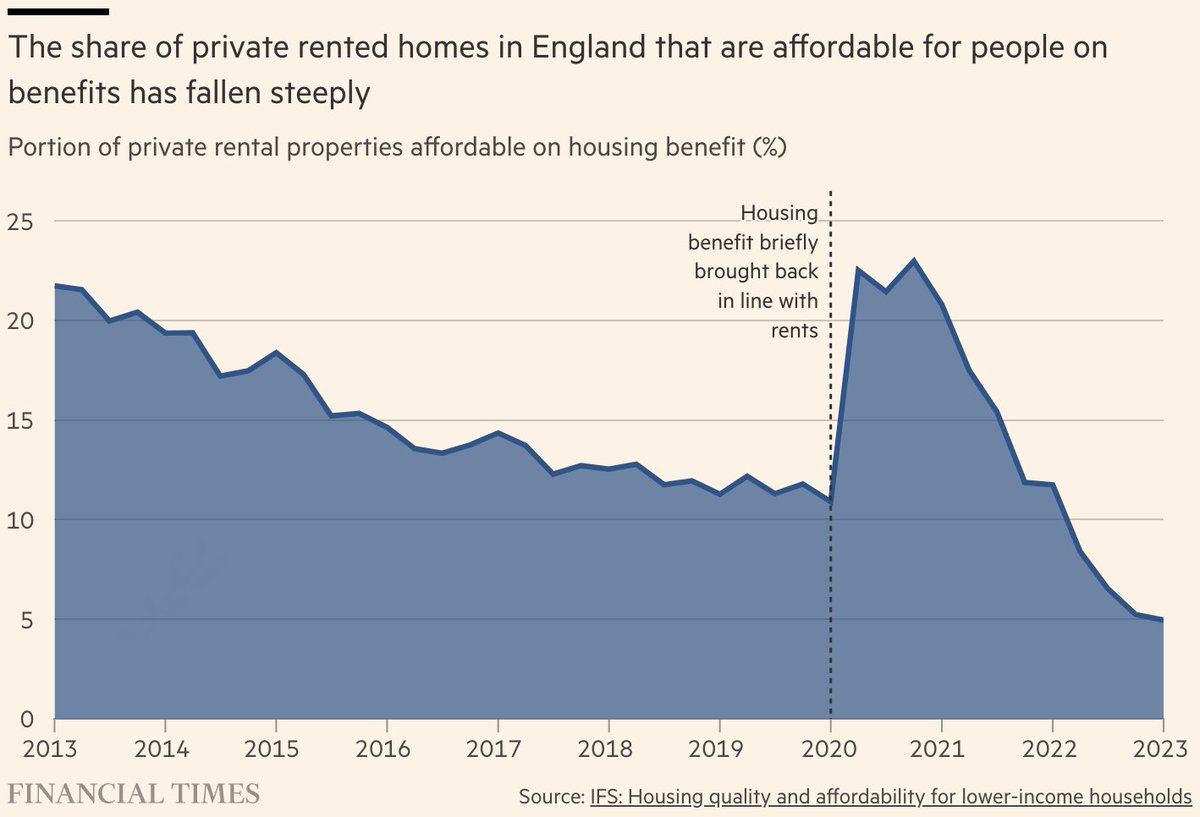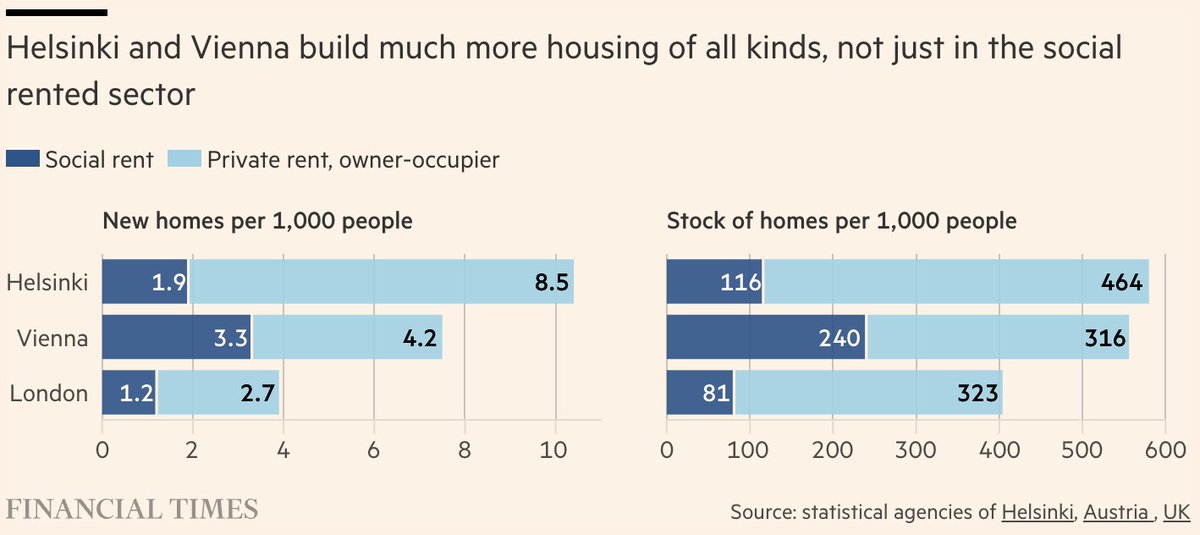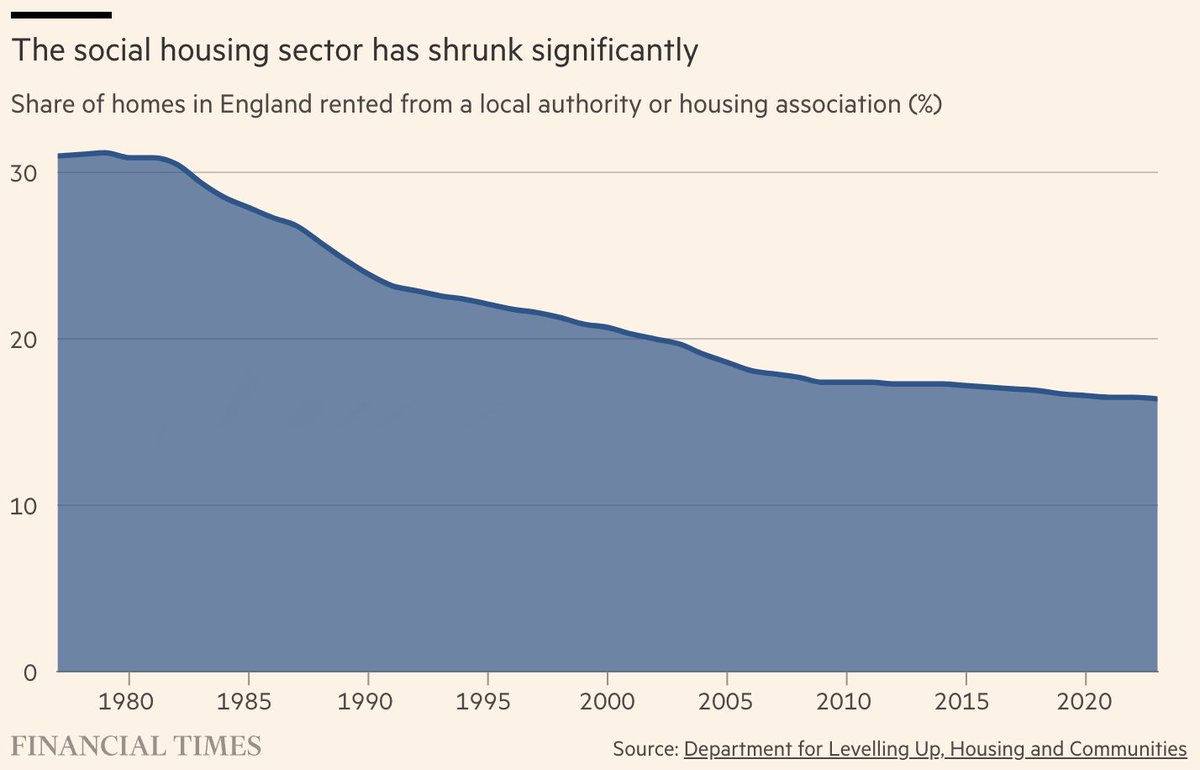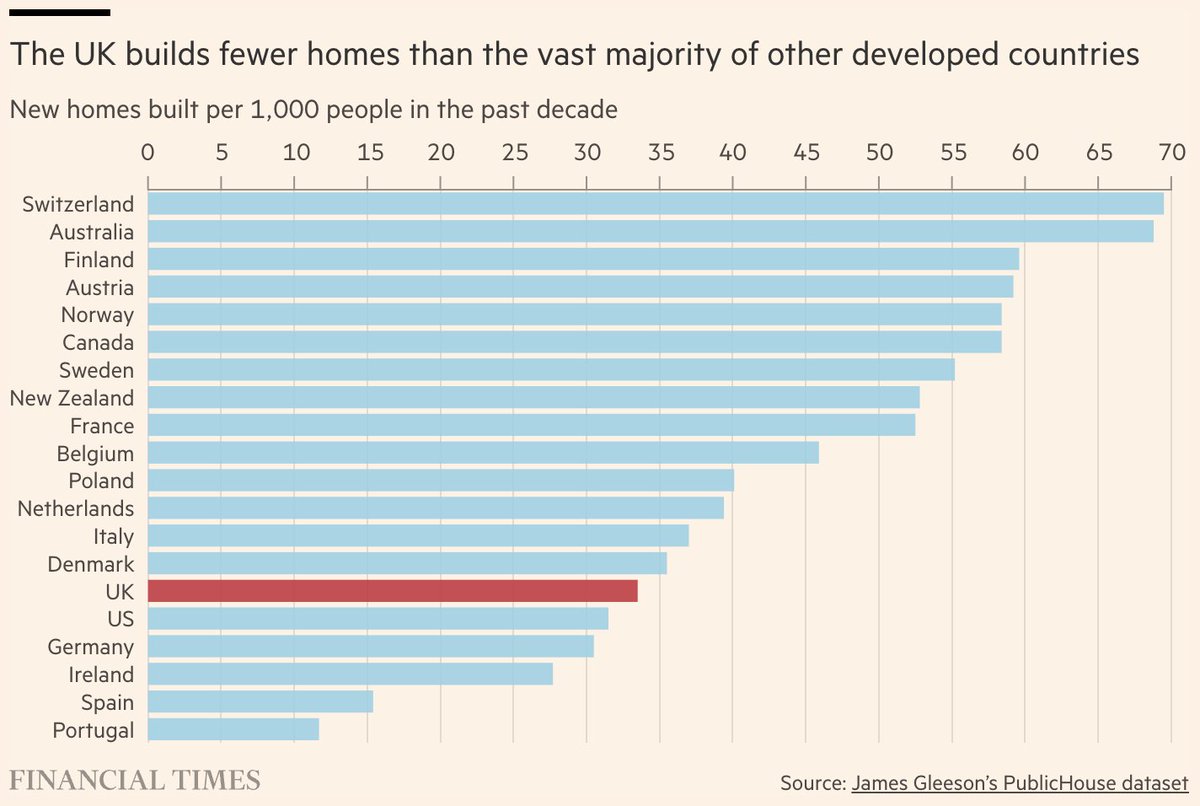
Stephen Griffin
@SGriffin_Lab
Professor of Cancer Virology | Viroporins, Antivirals, Viral Oncology, Immunotherapy | Own views |
@IndependentSAGE
@LongCovidKids
@projecthalo
#VaccinesPlus
ID:984172899308392448
https://medicinehealth.leeds.ac.uk/medicine/staff/384/dr-stephen-griffin 11-04-2018 20:54:39
74,6K Tweets
28,2K Followers
9,5K Following







But as Paul Johnson has written before, the solution here cannot just be pouring more and more money into housing benefits ifs.org.uk/articles/doubl…
We need to fix the root causes: chronic undersupply of all types of housing, and the erosion of the social sector.


Onto 3)
Compounding these issues in the UK is the repeated freezing of housing benefit. According to an analysis by Institute for Fiscal Studies, the share of private rented homes in England where rents are covered by housing benefit has declined from one in six to one in 20 in just 10 years.











To those who respond to this with 'they have rooms and beds, they don’t count', I suggest reading this eye-opening report from Shelter, which describes the horrendous conditions of this accommodation.
Infestations, no running water, no cooking facilities downloads.ctfassets.net/6sxvmndnpn0s/2…







